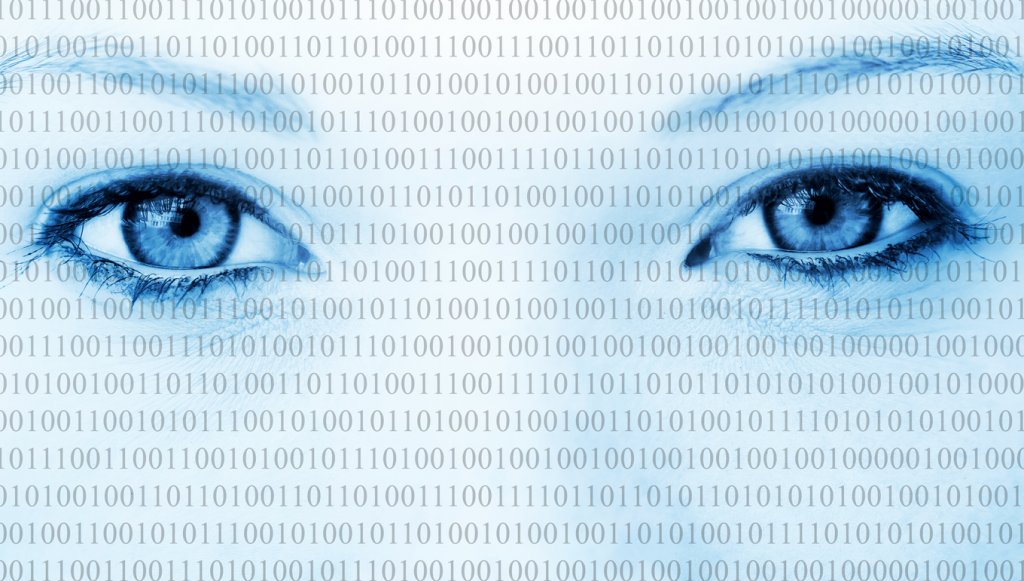EXECUTIVE SUMMARY:
China recently passed a law that requires new customers buying SIM cards or registering new mobile-phone services to undergo a face scan. Share on X The goal of this legislation is to “protect the legitimate rights and interest of citizens in cyberspace” and reduce fraud and bolster cyber security. But, it also raises questions about surveillance and privacy.
This new law comes on the eve of the nationwide implementation of China’s Social Credit System, effective in 2020. Regional programs for social credit already exist and use facial recognition technology and AI to track citizen’s behavior, rewarding people for good behavior and penalizing those for stepping out of line. There appears to be little pushback from the Chinese public on these efforts, but other countries worry about the policy’s implications, given existing concerns over human rights, freedom of press, and civil liberties in China.
This new policy will have important international implications as Chinese tech firms are helping to create the influential United Nations standards for the technology. These standards will help shape rules on how facial recognition is used around the world, and will have a particularly strong effect within developing countries.
To find out more about this new Chinese law, see this article by the MIT Technology Review.
